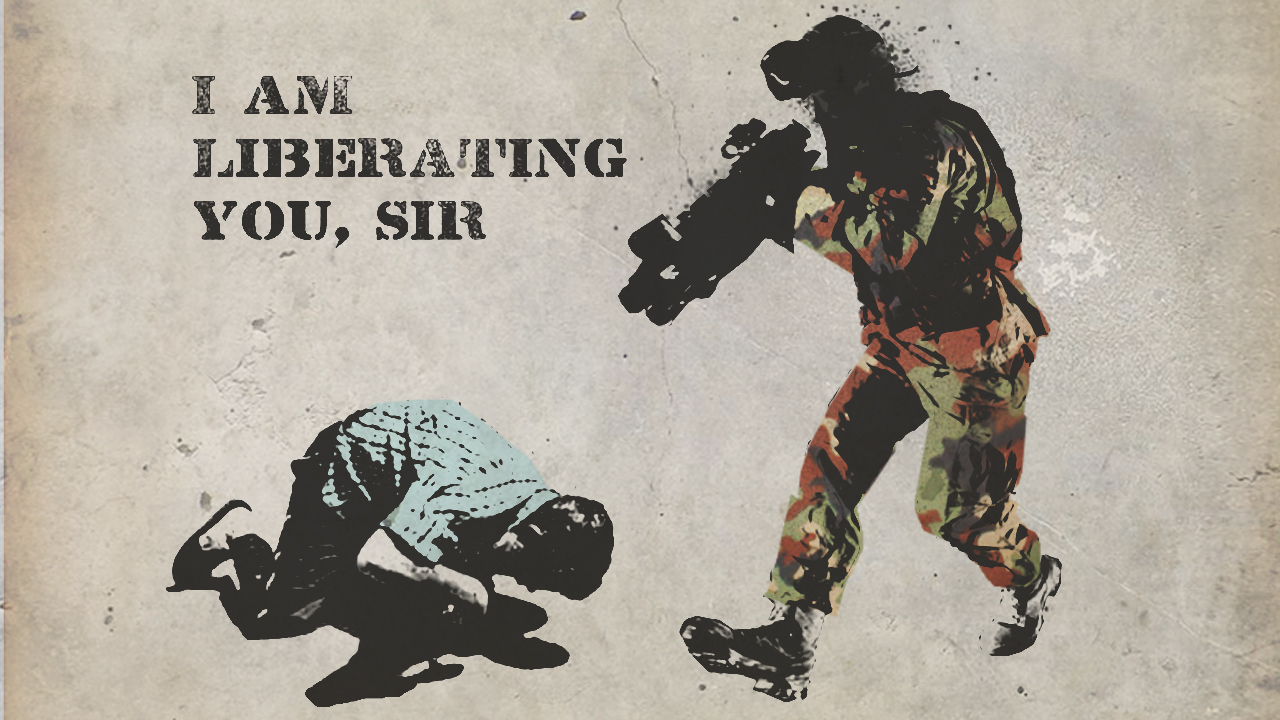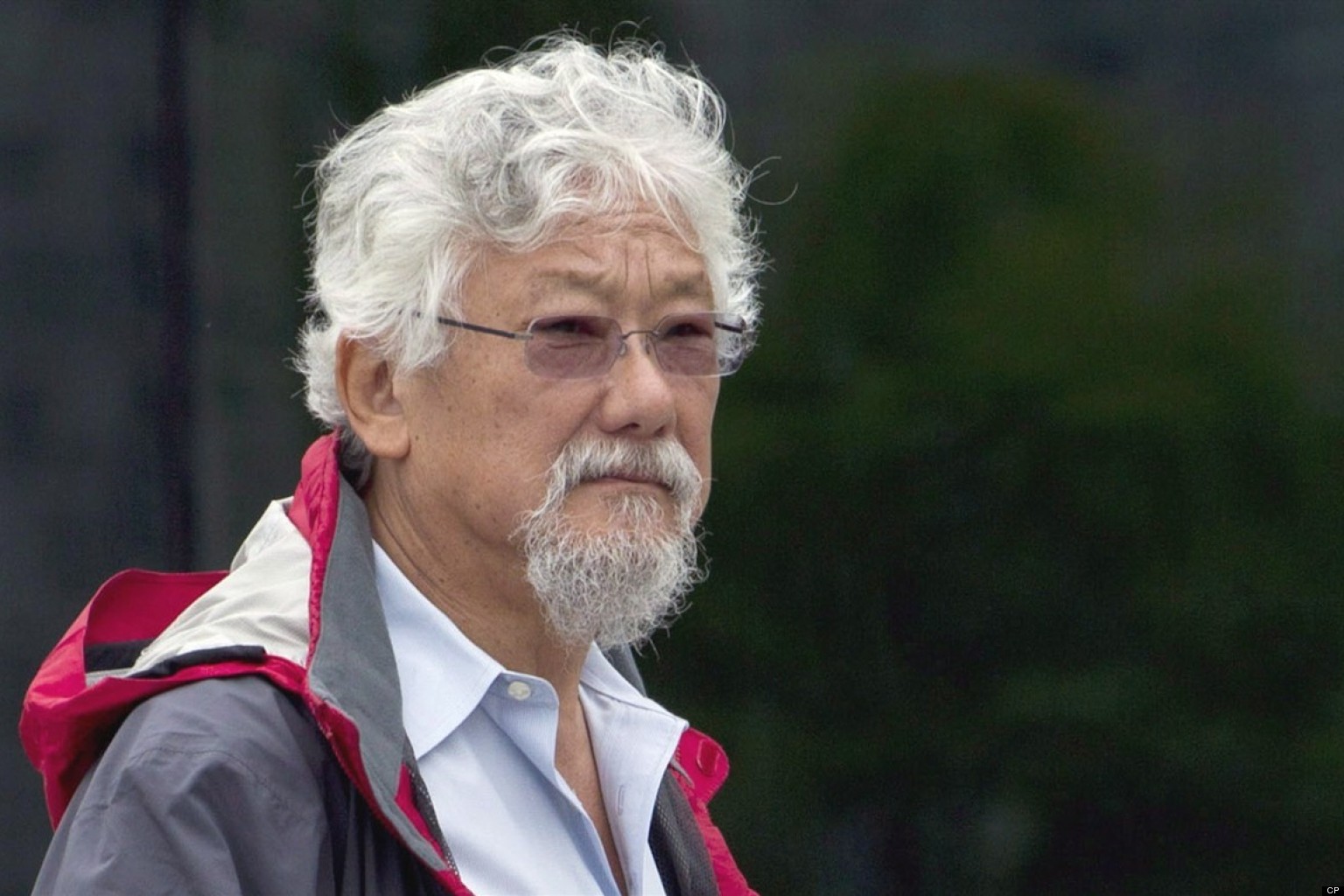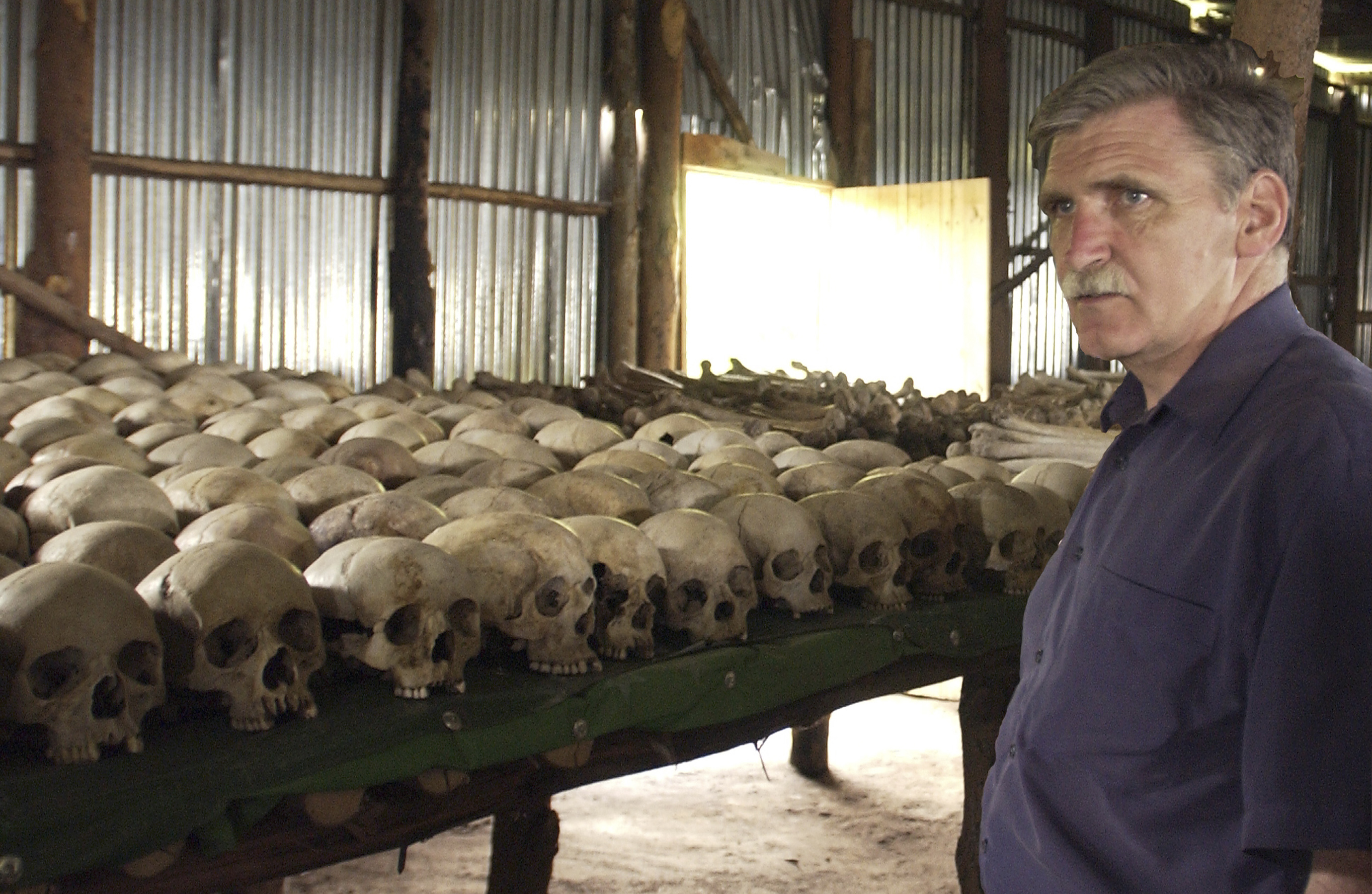Finished reading this Chomsky book about a month ago, just haven’t gotten around to talking about it. The book deals with the past 50 years in history and how the US has moved into a role of aggressor on the world stage and the reasoning why. It puts wars, acts of terrorisms and other marks in history in perspective and certainly gives new light into what the US foreign policy truly has in store for the rest of the world. I highly recommend you read this book. I will leave you here with a few quotes.
“As the invasion of Iraq began, the prominent historian and Kennedy adviser Arthur Schlesinger wrote that ‘The president has adopted a policy of “anticipatory self defense” that is alarmingly similar to the policy that imperial Japan employed at Pearl Harbor, on a date which, as an earlier American president said it would, lives in infamy. Franklin D. Roosevelt was right, but today it is we Americans who live in infamy.”
“And wit the people gone, multinationals can strip the mountains for coal, extract oil and other resources, and probably convert what is left of the land to ranching by the rich or agroexport in an environment shorn of its treasures and variety. Informed analysts and observers describe Washington’s fumigation programs as another stage in the historical process of driving poor peasants from the land for the benefit of foreign investors and Colombian elites.”
“To mention another case of contemporary relevance, when Iran’s conservative parliamentary government sought to gain control of its own resources, the US and Britain instigated a military coup to install an obedient regime that ruled with terror for twenty-five years. The coup sent a more far-reaching message, spelled out by the editors of the New York Times: ‘Underdeveloped countries with rich resources now have an object lesson in the heavy cost that must be paid by one of their number which goes berserk with fanatical nationalism… Iran’s experience [may] strengthen the hands of more reasonable and more far-seeing leaders [elsewhere], who will have a clear-eyed understanding of the principles of decent behavior.’”
“’The simple fact is that Castro represents a successful defiance of the US, a negation of our whole hemispheric policy of almost a century and a half.’ To put it simply, Thomas Paterson writes, ‘Cuba, as a symbol and reality, challenged U.S. Hegemony in Latin America.’”
“That Nicaragua might have the right to protect its airspace from ongoing US terrorist attack is next to inconceivable. The thought was virtually never voiced – which is reasonable, too, given the principle that US actions are defensive by definition so that any reaction to them is aggression, much like the ‘internal aggression’ of the South Vietnamese in South Vietnam, ‘assaulting’ the American defenders ‘from the inside,’ in the rhetoric of Kennedy liberals.”
“Latin Americans hardly have to be reminded by Carlos Salinas, former director of government relations for Amnesty International, that they ‘know better than perhaps most people that the U.S. Government is one the biggest sponsors of terrorism.’ It is easy to dismiss the world as ‘irrelevant’ or consumed by ‘paranoid anti-Americanism,’ but perhaps not wise.”
“The war with Iraq was undertaken wit the recognition that it might well lead to the proliferation of WMD and terror, risks considered insignificant compared with the prospect of gaining control over Iraq, firmly establishing the norm of preventive war, and strengthening the hold on domestic power.”
“Since the Reagan-Bush I years (in fact before), Washington had supported Saddam Hussein in varying ways. After he stepped out of line in August 1990, policies and pretexts varied, but one element remained constant: the people of Iraq must not control their country. To repeat, the tyrant was permitted to suppress the 1991 uprising because, we were informed, Washington sought a military junta that would rule the country with an ‘iron fist,’ and if no alternative is available, Saddam would have to do.”
“Prevailing values are often expressed implicitly, as on the first anniversary of 9-11, when the president took the occasion to provide $200 million in supplemental funding for the rich country of Israel while rejecting $130 million for emergency supplemental aid to Afghanistan.”
“The Intifada also brought into the open significant changes that had been taking place within Israel. The authority of the Israeli military by then reached such levels that military correspondent Ben Kaspit described the country as ‘not a state with an army, but an army with a state.’”
“The US is by no means alone in this practice. It is traditional for states to call their own terrorism ‘counterterror,’ even the worst mass murderers: the Nazis, for example. In occupied Europe they claimed to be defending the population and legitimate governments from the partisans, terrorists supported from abroad. That was not entirely false; even the most egregious propaganda rarely is. The partisans were undoubtedly directed from London, and they did engage in terror. The US military had some appreciation of the Nazi perspective: its counterinsurgency doctrine was modeled on Nazi manuals, which were analyzed sympathetically, with the assistance of Wehrmacht officers.”
“’Delicate social and political problems cannot be bombed or “missiled” out of existence,’ two political scientists point out: ‘By dropping bombs and firing missiles, the United States only spreads these festering problems. Violence can be likened to a virus; the more you bombard it, the more it spreads.’”
“By now the danger has reached the level of a threat to human survival. But as observed earlier, it is rational to proceed nonetheless on the assumptions of the prevailing value system, which are deeply rooted in existing institutions. The basic principle is that hegemony is more important than survival. Hardly novel, the principle has been amply illustrated in the past half-century.”
“The value of a person’s interests of those with no votes are valued at zero: future generations, for example. It is therefore rational to destroy the possibility for decent survival for our grandchildren, if by so doing we can maximize our own ‘wealth’ – which means a particular perception of self-interest constructed by vast industries devoted to implanting and reinforcing it.”
“One can discern two trajectories in current history: one aiming toward hegemony, acting rationally within a lunatic doctrinal framework as it threatens survival; the other dedicated to the belief that ‘another world is possible,’ in the words that animate the World Social Forum, challenging the reigning ideological system and seeking to create constructive alternatives of thought, action, and institutions. Which trajectory will dominate, no one can foretell. The pattern is familiar throughout history; a crucial difference today is that the stakes are far higher.”




Leave a Reply